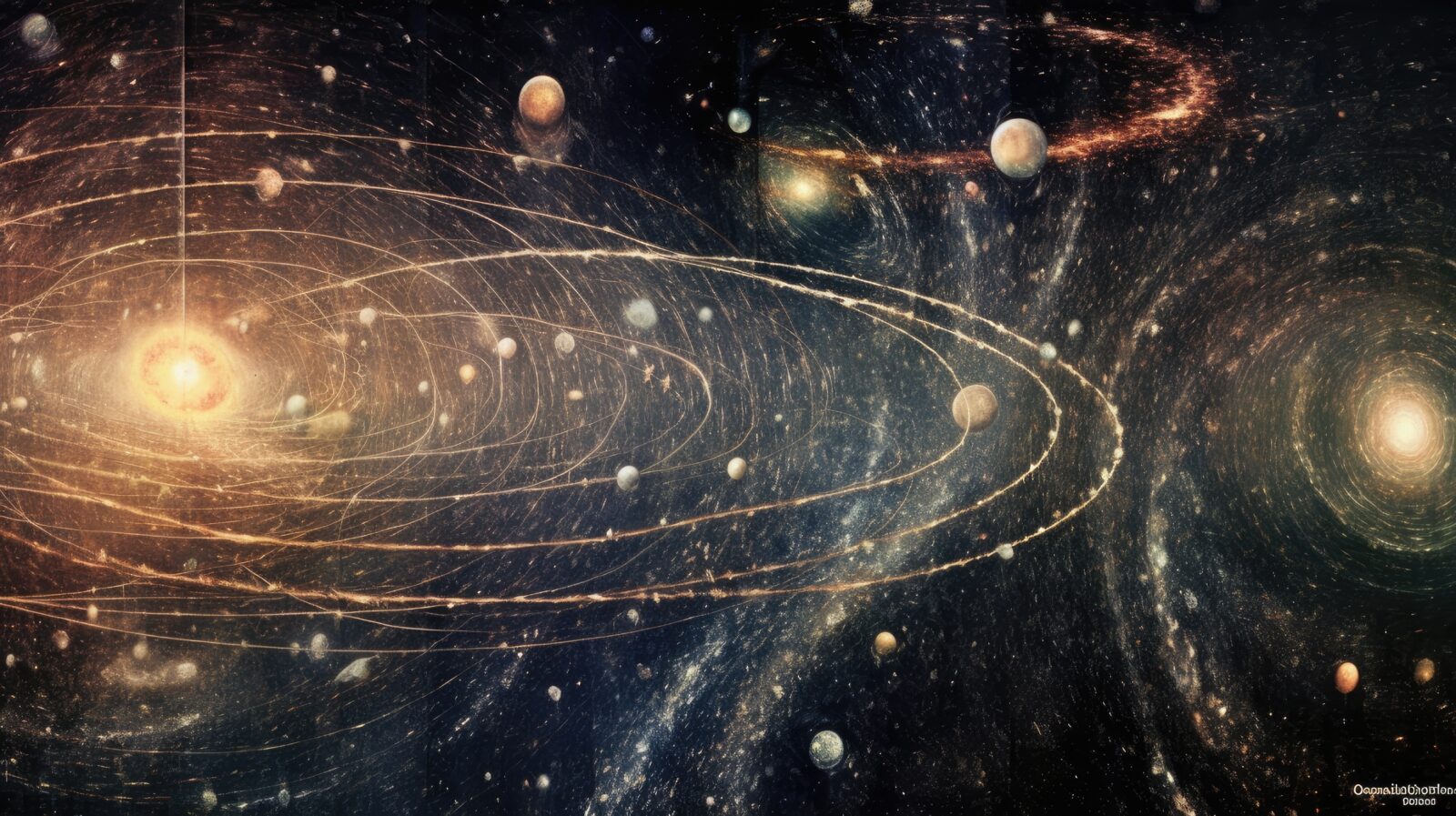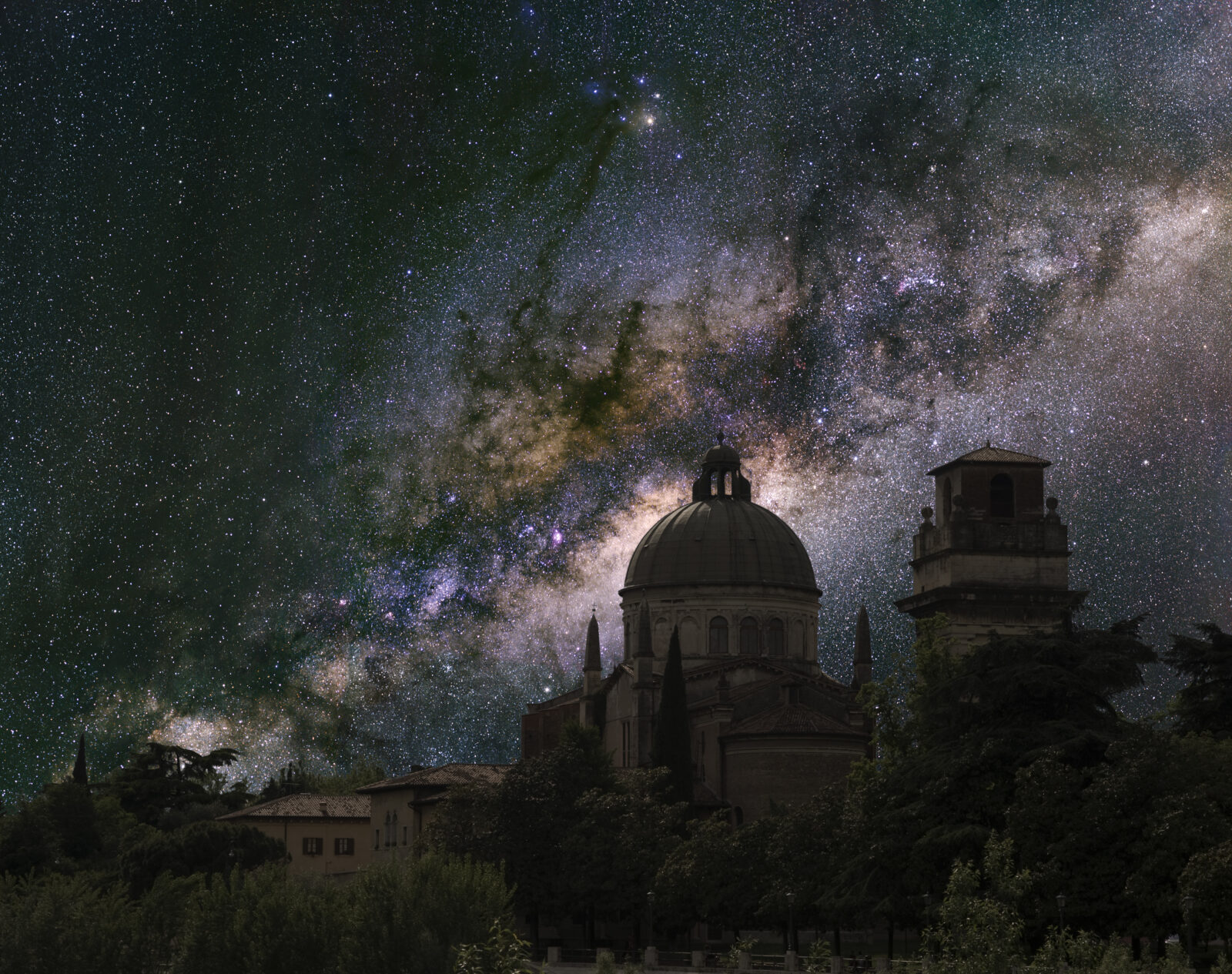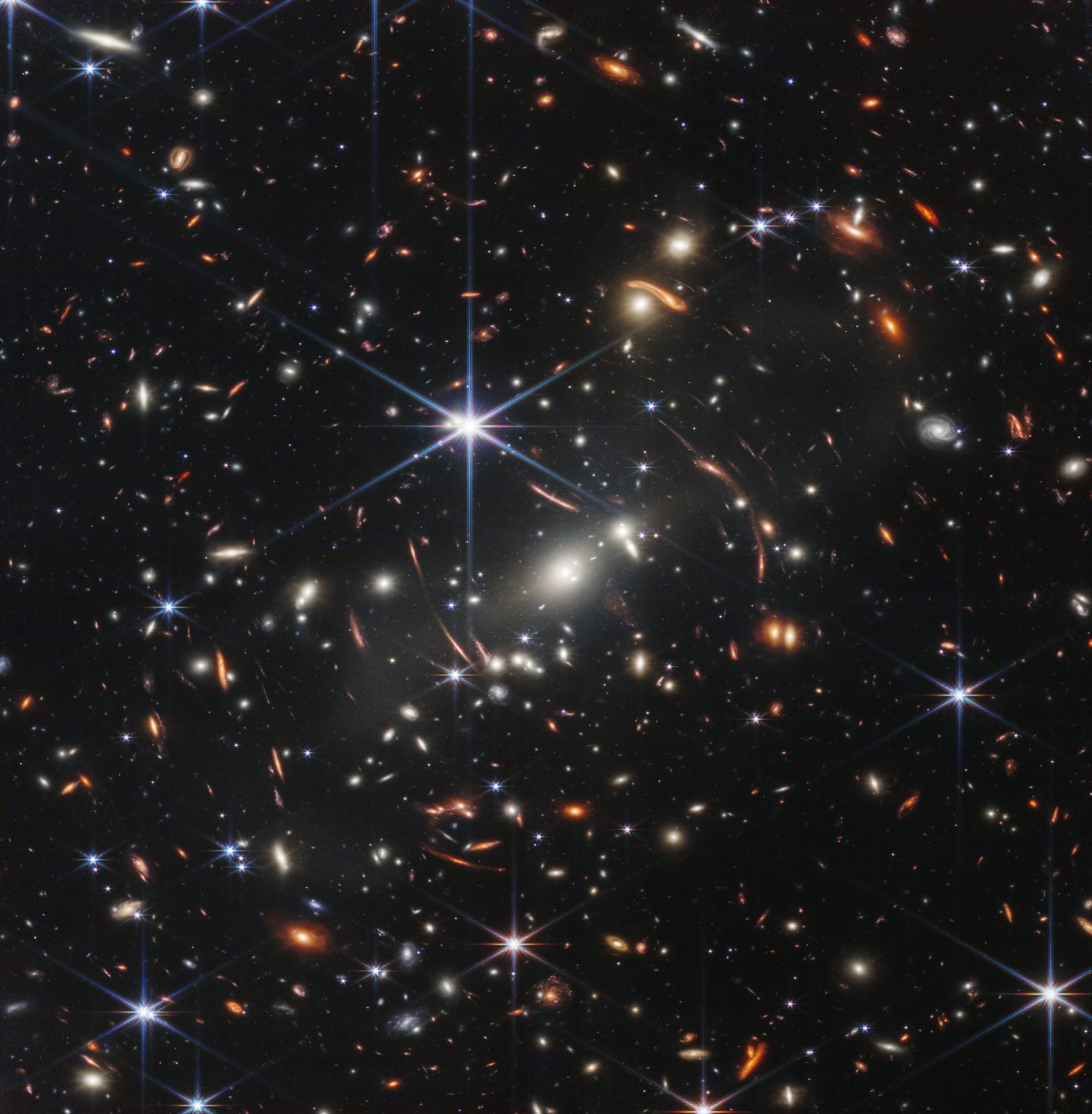


The Return of Natural Theology

How Modern Science Strengthens the Claims of Theism

David Berlinski on the Immaterial, Alan Turing, and the Mystery of Life Itself

Nature Paper: Groundbreaking Science on the Decline
On today’s ID the Future philosopher of science Paul Nelson discusses a new paper in Nature making waves in the scientific community, “Papers and Patents are Becoming Less Disruptive over Time.” According to Michael Park and his fellow researchers, the rate of groundbreaking scientific discoveries is declining while the percentage of consolidating (or incremental) science is coming to dominate. Is the spirit of groundbreaking scientific discovery withering, and if so, why? Nelson notes a 1997 book by John Horgan, The End of Science. Nelson credits Horgan for seeing the trend a generation ahead of the Park paper, but Nelson breaks with Horgan on the diagnosis. Horgan posits that groundbreaking science is declining because we have already made most of the big breakthroughs there are to make. Nelson begs to differ. He suggests the problem lies elsewhere and likely is multifaceted. Tune in to hear his analysis and his prescription for reinvigorating the scientific enterprise in the twenty-first century. Crowther and Nelson discuss two other papers during their conversation. For Nelson’s paper on disruption and consensus in science, “The Paradox of Consensus,” go here. For the Thomas Gold paper on the problem of the herd effect in science, go here.

Stephen Meyer: James Webb Telescope Supports the Big Bang
On this ID The Future, Return of the God Hypothesis author Stephen Meyer again speaks with radio host Michael Medved about the extraordinarily powerful new James Webb space telescope. One researcher, Eric Lerner, has claimed that what the Webb telescope is seeing many billions of light years away (and therefore, many billions of years in the past) undercuts the Big Bang theory. But according to Meyer, the new photographs coming back from Webb actually further confirm the reality that our universe had a beginning (“the Big Bang”) and that it has been expanding ever since. What these Webb images are forcing a rethink on, Meyer says, is the conventional wisdom among cosmologists on galaxy formation in the early universe. Meyer insists the evidence for a cosmic beginning is stronger than ever, as is the God hypothesis that it supports. Image from NASA.

Physicist Brian Miller Answers the Big Bang Evaders
On this ID the Future, physicist Brian Miller looks at various attempts to evade the mounting evidence that the universe had a beginning, a Big Bang. Miller and host Casey Luskin first review the fascinating history of how the eternal universe model of the nineteenth century gave way to the Big Bang model. Then Miller walks through about a half a dozen attempts to evade a cosmic beginning after the Big Bang model had won the day. These evasions include the steady state model, the idea of an eternal cyclical universe, and the string landscape model. According to this model, our universe exists in a multi-dimensional brane (not “brain”) which exists in a higher dimensional space, and our multi-dimensional brane can collide with other branes, with each collision creating a Big Bang moment, a process said to have been going on for all eternity. Miller then explains why each of these attempts to evade a true cosmic beginning fail, and he says that if matter, energy, and space came into existence at the moment of the Big Bang, then it follows that the cause of this cosmic beginning is something immaterial. And since the cosmic beginning was finely tuned in many astonishing ways, Miller says, the cause of the Big Bang has left the signature of intelligent design. The cause, then, is an intelligent, immaterial being and one, obviously, of unimaginable power. Miller and Luskin then touch on a final attempt to evade these implications, the idea that the universe could have popped into existence from nothing—no God, no anything. But as Miller shows, the proposals along these lines, offered by such physicists as Lawrence Krauss and Stephen Hawking, do not actually start from nothing. There is always a something at the ground state, a something whose origin is left unexplained. The occasion for the conversation is Miller’s essay in the recent Harvest House anthology, The Comprehensive Guide to Science and Faith: Exploring the Ultimate Questions About Life and the Cosmos.

Neil Thomas Takes on Epicurus and the Logical Positivists
Today’s ID the Future concludes a three-part series featuring author Neil Thomas in a free-ranging conversation with radio show host Hank Hanegraaff. The focus is Thomas’s recent book, Taking Leave of Darwin: A Longtime Agnostic Discovers the Case for Design. Here Thomas and Hanegraaff discuss the logical positivists and what Thomas sees as their failure to consistently apply their evidential standards to Darwinism. Thomas also contrasts the cosmic nihilism of Richard Dawkins with the mounting evidence of fine tuning for life, and calls out what Thomas describes as the magical thinking at the heart of Darwinism. Hanegraaff and Thomas also explore how Darwin’s theory of evolution has roots in an ancient philosophical system that was long regarded as resting on such flimsy speculative foundations that it wasn’t taken seriously for long centuries. In Thomas’s opinion, that philosophical system shouldn’t have been taken seriously then, and still shouldn’t be. In the wrap up, Hanegraaff and Thomas provide a model of how two men with differing positions on Christianity can converse and even challenge each other while remaining cordial. Hanegraaff, an Orthodox Christian, urges Thomas, a longtime agnostic rationalist who has recently become open to theism, to take his journey into theism further by considering the historical claims specific to Christianity. Does Thomas bridle? Not all. Listen in to hear how the conversation plays out, and find Thomas’s book, which Hanegraaff highly recommends, here. This three-part series is posted here by permission of Hank Hanegraaff. For more Hank Hanegraaff, check out his podcast, Hank Unplugged.

Andrew Klavan and Stephen Meyer Talk God and Science
On this ID the Future Stephen Meyer sits down with talk show host and bestselling novelist Andrew Klavan to discuss Meyer’s Return of the God Hypothesis. In this fast-paced conversation the pair touch on the Judeo-Christian roots of science, how fine tuning in physics and cosmology point to intelligent design, and how a great many scientists held out hope that the universe was eternal and therefore did not require a creator, but eventually threw in the towel as evidence mounted for a cosmic beginning. What about the multiverse hypothesis as an escape for atheists wishing to explain away the evidence for a cosmic designer? Meyer explains why it fails Occam’s Razor, and then he and Klavan discuss a noted atheist philosopher who frankly admits that he doesn’t want theism to be true and yet also admits that modern Darwinism has crashed and burned, and the evidence for design in various scientific fields is too powerful to be ignored. Today’s material is borrowed, with permission, from the Daily Wire and Episode 1050 of the Andrew Klavan Show. If you value the work of Stephen Meyer, our other design theorists, and the work of Discovery Institute’s Center for Science and Culture, along with intelligent design resources such as ID the Future, please consider a gift this holiday season. The generous donations of our supporters and regular listeners make this good work possible. Your gift will translate into more and more people encountering—some for the very first time—the powerful evidence that the universe is not meaningless but instead is charged with evidence of design and purpose. Click here to view donation options.

Michael Medved and Stephen Meyer on the Return of the God Hypothesis
Today’s ID the Future features, by permission, a recent conversation between radio show host Michael Medved and philosopher of science Stephen Meyer as they discuss Meyer’s new book, Return of the God Hypothesis. Listen in as Meyer, director of Discovery Institute’s Center for Science and Culture, provides a swift flyover of 500 years of scientific history, in which he traces the rise, fall, and rise again of a paradigm Meyer refers to as “the God hypothesis.” To learn more about Meyer’s new book and see the growing list of enthusiastic reviews from top scientists, go to ReturnoftheGodHypothesis.com.